St Joseph: An Encounter
May 1, 2021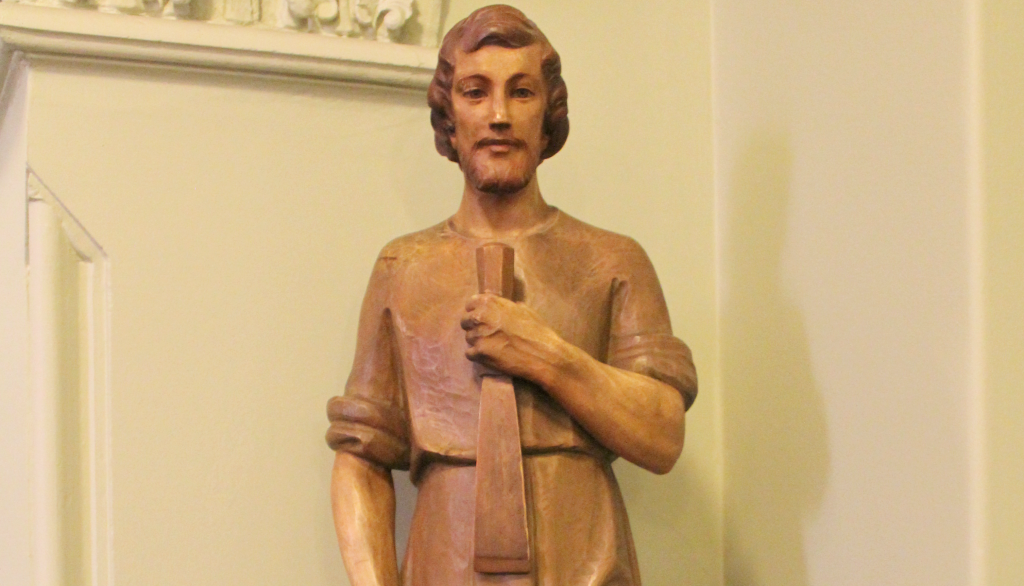
An encounter is an unexpected meeting. Thus there is always a surprise element in an encounter. Sometimes hearing the same story over and over we can miss the element of surprise and take for granted that there is nothing new in what we are hearing.
When we listen to the Scripture passages referring to St Joseph does this happen?
ANZAC Day 2021
April 25, 2021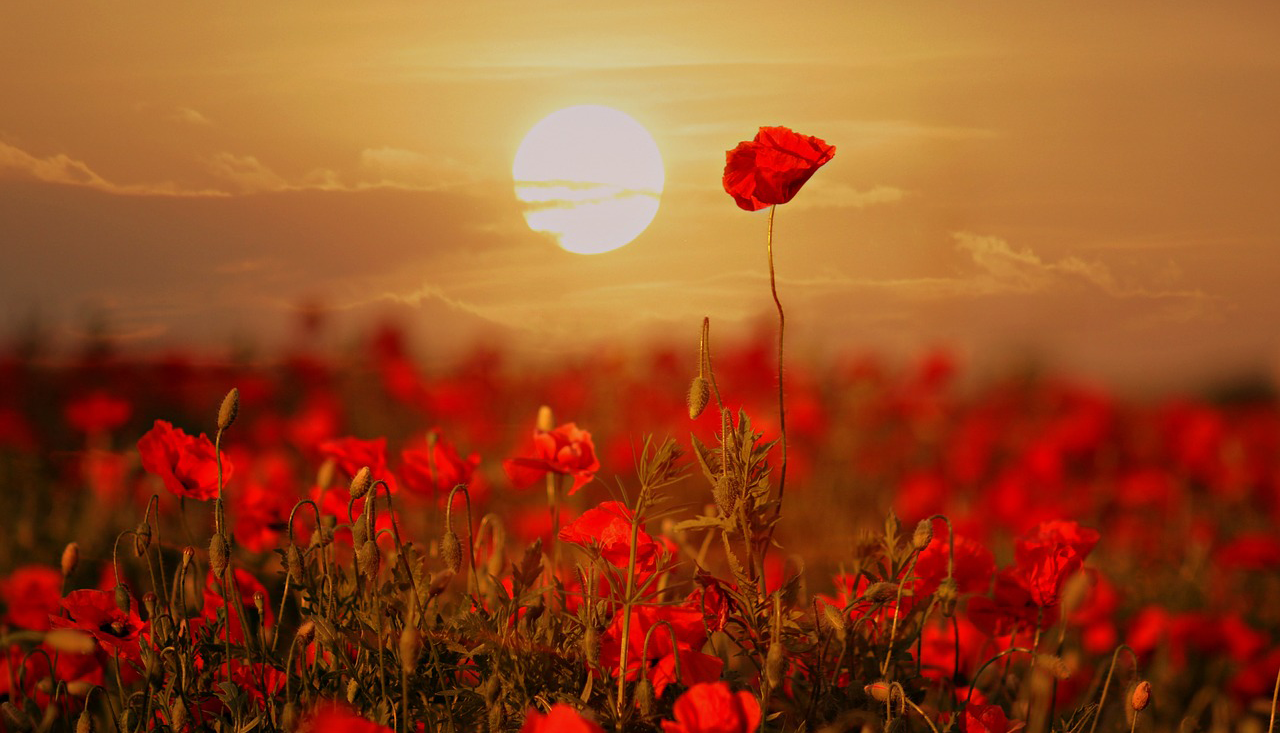
My great grandfather Duncan was an ANZAC, served as a Sergeant-Major, and survived both World Wars. My aunty Sally fought leukemia and unfortunately did not survive, dying on ANZAC Day in 2002.
On ANZAC Day I remember them both. When they went to fight their own wars they were in their twenties – like me.
Flora – A Woman of Faith
April 17, 2021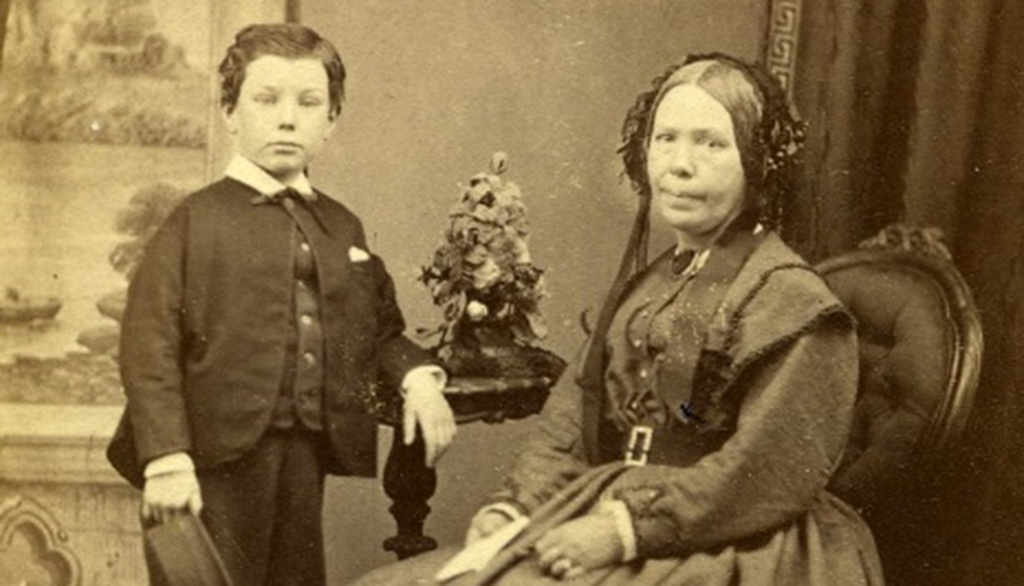
Their voyage was marred by tragedy, for Alexander aged 28 years, fell overboard during a fit of delirium brought on by an attack of typhoid fever. They eventually arrived in Melbourne in April 1840; however the sorrowing family had to spend two months in quarantine.
Reflection on Mary MacKillop
April 8, 2021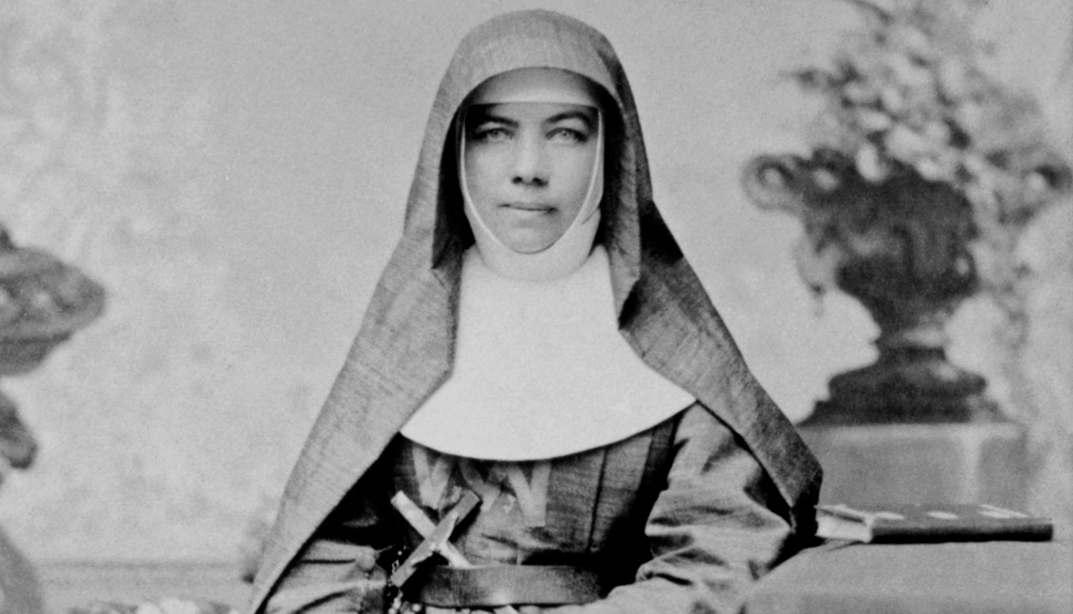
Strong women are rising up and making their voices heard in the workplace, in society and in the home.
The Australian of the Year, Grace Tame at a recent march for justice, implored women to be united in stamping out patriarchy. She boldly reminded us that allowing to let fear stop us from doing anything enables evil to thrive in silence.
A Fair Go
April 7, 2021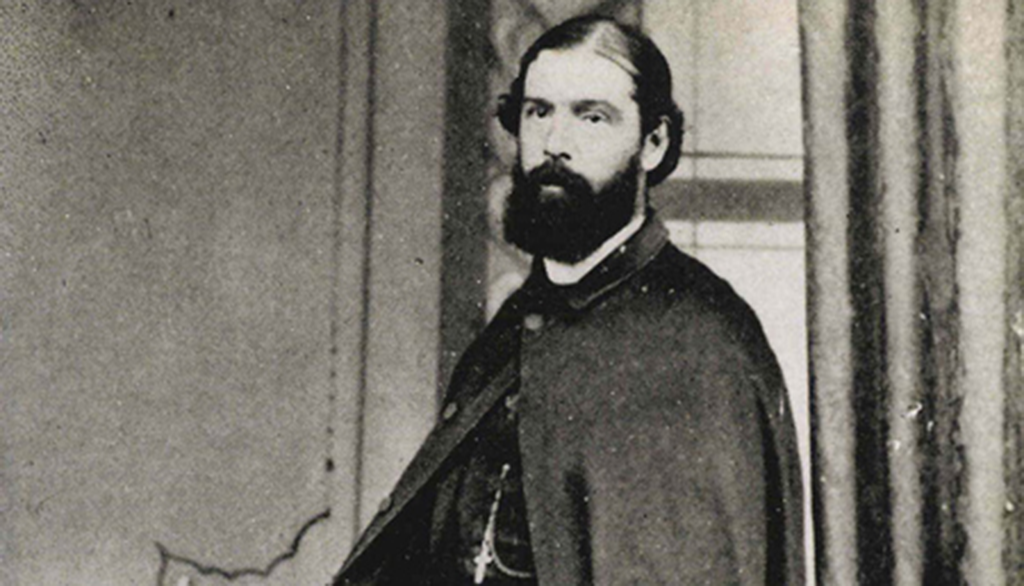
The Christian belief is that all people are equal in God’s sight.
The Christian concept of love of neighbour is starkly different from the self-seeking competitiveness we often find in today’s world. Jesus identified with the poor and marginalised people, whereas current society often highlights the rich and powerful for adulation. Jesus advocated for a society of justice, freedom and peace. It was this type of society, this concept of love of neighbour, of fairness and justice, that Julian Tenison Woods lived and promoted.
2021 Easter Reflection from Sr Monica
April 4, 2021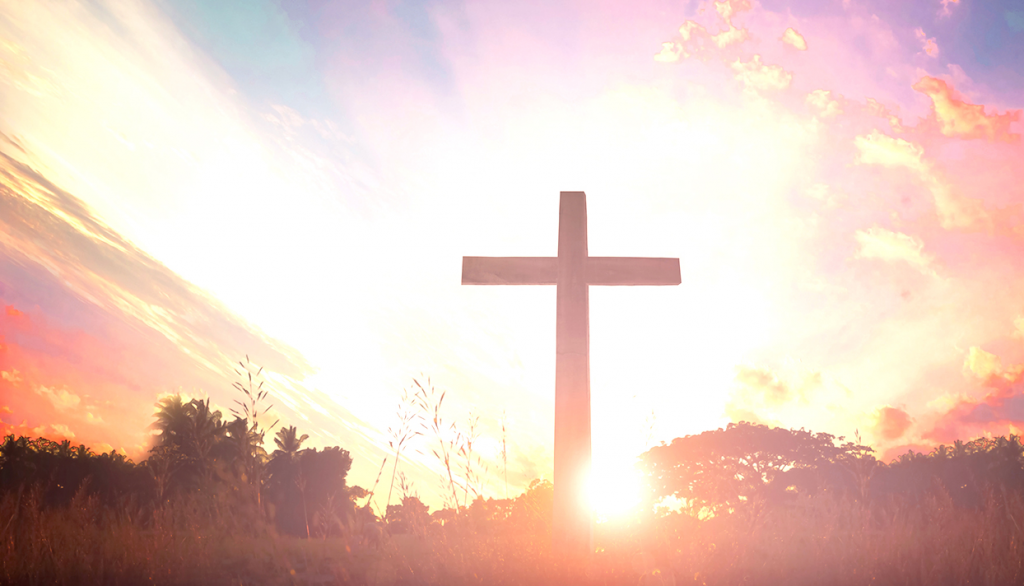
Today we celebrate the great feast of the Resurrection in our Christian Tradition. Over these past few days, we have stood at the Cross with Mary and the other women in silence and disbelief at what has taken place. We have waited at the tomb with the women grieving the loss of their friend Jesus whom they had steadfastly supported in his ministry. We have witnessed the Resurrection with Mary Magdalen and we have been sent forth to be Easter people with hearts full of joy.
Josephite Light Shines on Peru Mission’s 40th Anniversary, Despite COVID-19
April 1, 2021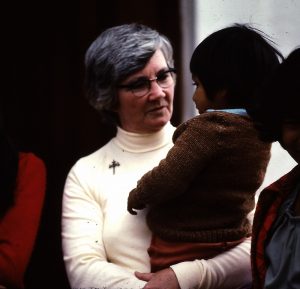
For four decades the Josephite mission in Peru has maintained the spirit of St Mary MacKillop through many hardships—all of them shared with the Peruvian people.
The COVID-19 Pandemic is the latest challenge faced by the mission, which celebrated its 40th year on 1 April.
Sister Clare Conaglen spent 16 years in the mission and recently returned to Australia to take up a position on the Congregational Leadership Team. She agreed to share some of her insights about the situation in Peru and the achievements of the mission over four decades.
Mary MacKillop Heritage Centre Farewells Respected CEO
March 30, 2021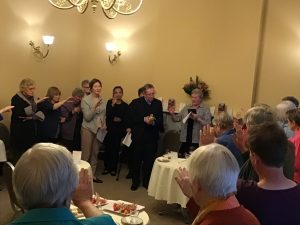
Many Sisters and Staff gathered in the Conference Room at the Mary MacKillop Heritage Centre on 3 March to thank and farewell their devoted CEO of 15 years, Garry McLean.
The guests enjoyed drinks and canapes and time to mingle prior to the formal message of acknowledgement and farewell from Sr Anne Tuck, read by Receptionist Kate Warlond in Anne’s absence.
Over the past 15 years Garry has been the passionate guardian of the story of Mary Mackillop and Julian Tenison Woods and has facilitated the spread of that story across Victoria and beyond.
